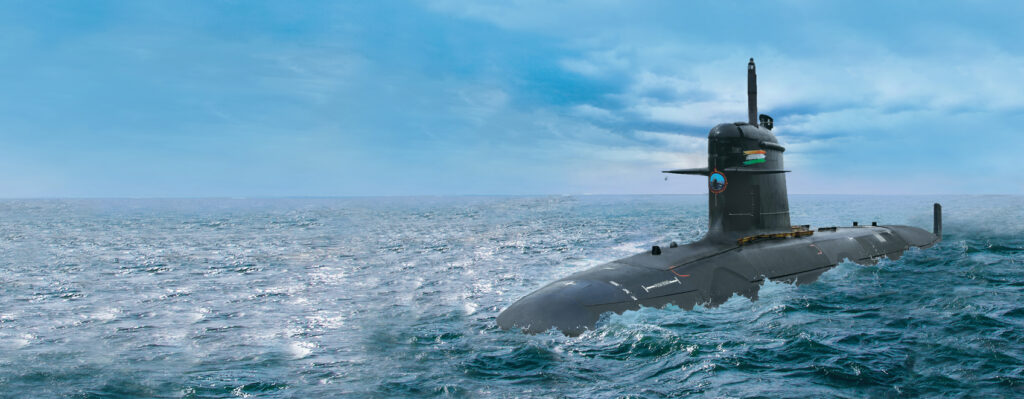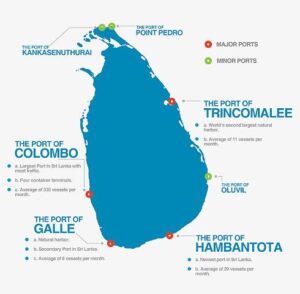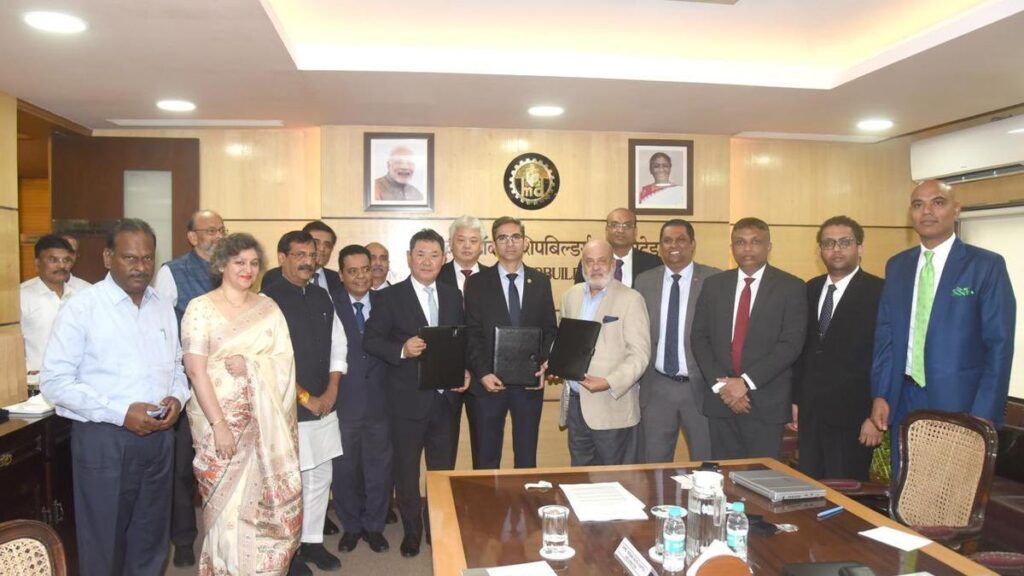
India’s Mazagon Dock Shipbuilders (MDL) has made a bold move by acquiring a controlling 51% stake in Sri Lanka’s Colombo Dockyard. This marks a milestone in the region’s maritime and geopolitical scene.
Acquisition of Colombo Dockyard and Its Strategic Context
MDL, a premier state-owned shipbuilding giant, took control through a mix of fresh share purchases. Additionally, they bought out Japan’s Onomichi Dockyard, which had held the majority stake since the yard’s privatization in 1993. The Sri Lankan government still holds the remaining 49%.
This $53 million deal is India’s biggest international maritime industry investment yet. Since MDL is a Public Sector Undertaking (PSU), this essentially means the Indian government holds a significant stake in the dockyard previously in Japanese hands.
Located in the Port of Colombo, the facility is central to Sri Lanka’s shipbuilding and repair capacity. In recent years, financial troubles and rising regional competition had slowed its operations. MDL’s entry brings capital, expertise, and advanced technology, promising modernisation, job security, and industrial growth.
Colombo Dockyard: Geopolitical Implications

This acquisition is more than a business deal; it’s a strategic maneuver in the Indian Ocean’s high-stakes geopolitical contest. The dockyard sits close to vital shipping lanes. Its strategic location makes it a key point of influence for any power that controls it.
India’s move comes as China deepens its presence in the region, most notably through its lease of Hambantota Port in southern Sri Lanka. For New Delhi, Colombo Dockyard offers a counterbalance to a maritime foothold that strengthens India’s security architecture and influence in the Indian Ocean.
Bilateral Relations: India and Sri Lanka

The deal reinforces the already strong ties between the two nations. India is Sri Lanka’s top trade partner, investor, and creditor, and this investment reflects a shared interest in economic stability, industrial cooperation, and regional security.
For Sri Lanka, MDL’s involvement means stability for a key industrial asset at a time when the country is still recovering from economic turmoil. It also diversifies Sri Lanka’s partnerships, reducing reliance on any one power. Upgrades under Indian management are expected to create jobs, transfer technology, and stimulate local supply chains.
Colombo Dockyard and the Future Ahead
The Colombo Dockyard acquisition could become a cornerstone for cooperative maritime development in South Asia. It strengthens India’s ability to safeguard its strategic interests while helping a neighbour revive an important industry.
In a region where influence is constantly contested, this deal positions India as a proactive and engaged regional leader. But as the strategic waves shift, one question lingers : given Sri Lanka’s heavy debt, how much autonomy does its government truly have, and how should nations work to uplift a struggling country rather than treat it as just another pawn on the geopolitical chessboard?
For more such articles checkout The World Times.



